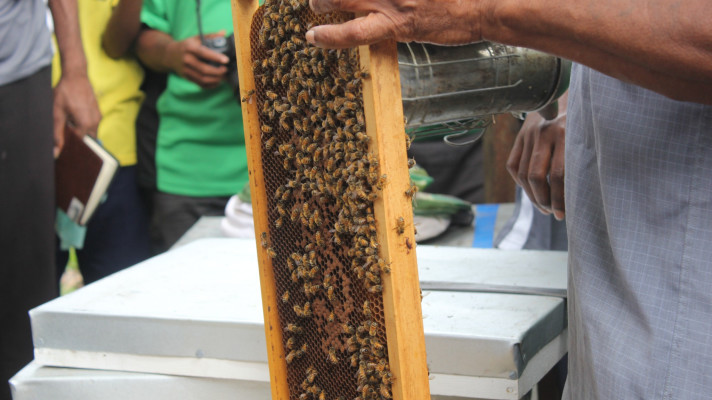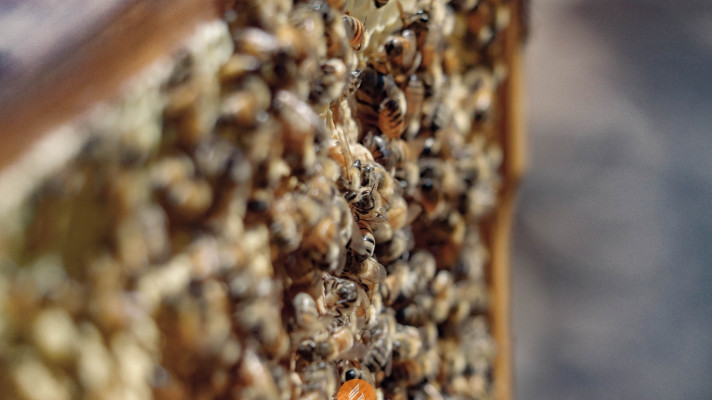Morobe Mission Buzz: Beekeeping Essentials
Greetings, Beekeeping Enthusiasts!
Welcome back to another insightful session brought to you by the Morobe Mission Communication and Media Department. Today, we dive deep into the fundamental aspects of beekeeping—covering everything from choosing the perfect hive location to understanding the roles and responsibilities of our invaluable bee friends.
Selecting the Optimal Hive Location
One of the first steps in establishing a successful beekeeping venture is selecting an ideal site for your hive. Remember, bees thrive in locations that receive ample sunlight, especially in the morning. Therefore, it is recommended to place your hives facing east to greet the rising sun. This helps energize the bees early in the day, ensuring they are active and productive.
When scouting for a location, it's crucial to avoid heavily populated areas such as hospitals, aid posts, and schools. These areas may disrupt the peaceful environment that bees require for their activities. Instead, opt for quieter locations where bees can work undisturbed, ensuring their safety and well-being.

Effective Hive Management
At Morobe Mission, we emphasize effective hive management as the cornerstone of successful beekeeping. We encourage all beekeepers to adopt a proactive approach, becoming stewards rather than mere hive owners. Regular inspections, monitoring hive health, and timely interventions are essential practices that contribute to a thriving bee community.
Navigating Potential Dangers
While beekeeping is rewarding, it is not without its challenges. Predators such as animals and the unfortunate risk of theft are significant concerns. To safeguard your hives, implement protective measures such as secure enclosures and vigilant monitoring. By addressing these risks promptly, we ensure the safety and continuity of our bee colonies.
Understanding Bee Roles and Responsibilities
Within the hive, bees perform distinct roles crucial to its functioning. The worker bees, predominantly female, are responsible for tasks such as foraging for nectar and pollen, nursing the brood, and maintaining hive cleanliness. Conversely, drone bees, the male counterparts, play a vital role in mating with the queen to ensure the hive's genetic diversity.
Each bee's role is integral to the hive's productivity and sustainability. By understanding and respecting their responsibilities, we contribute to the overall health of our bee colonies.
In conclusion, beekeeping is not just a hobby but a responsibility—one that requires dedication, knowledge, and a passion for conservation. At Morobe Mission, we are committed to equipping beekeepers with the necessary tools and insights to nurture thriving bee populations.
Stay tuned for more updates and practical tips in our upcoming sessions as we continue to explore the fascinating world of beekeeping.
Happy beekeeping!




